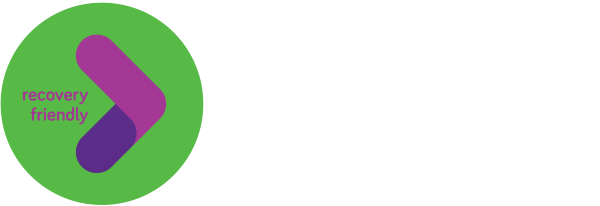On September 6, 2024, Cockrell Farms of Columbia, Missouri became the first farm in the state to receive the University of Missouri Extension’s Recovery Friendly Workplace designation. The farm has an incredible legacy and has been in the Cockrell family since 1904. On August 22, 2024, 120 years after the farm began operation, the University of Missouri Extension’s College of Agriculture, Food and Natural Resources, along with the Missouri Farm Bureau, presented members of the Cockrell family with a Missouri Century Farm designation.

Both designations are a testament to the strength of the Cockrell family, their focus on the health and well-being of employees and their families, and their commitment to honoring a family legacy that began more than 100 years ago. The farm is now owned by the three Cockrell sisters and their husbands, who share a strong commitment to their community, their legacy, and their families. The recognitions they received honor their contributions to the state and country’s heritage and history.



The Recovery Friendly Workplace designation comes at no cost to businesses. The University of Missouri Extension is funding the initiative through a Rural Opioids Technical Assistance grant to address substance use disorder and mental health and wellbeing in rural communities throughout Missouri. Jennifer Cockrell-Romesburg, one of the owners, completed several steps to earn the designation. These included training, planning, and delivering a declaration stating the farm’s support for the health and wellbeing of all employees, and its commitment to assisting those in recovery.
The designations provide Cockrell Farms with access to Agricultural Extension’s Mental Health Awareness Toolkit, Show Me Strong Farm Families, the Recovery Friendly Workplace Toolkit, and curriculum designed to support the health and wellbeing of all workers. The Mental Health Awareness Toolkit, Together We Can, helps rural Missourians support their wellbeing and access mental health services. The Recovery Friendly Workplace toolkit and designation offers mental health and wellbeing training, technical assistance, and support to designated businesses.
It is appropriate that the Recovery Friendly Workplace designation was bestowed upon the family farm during National Recovery Month, because the three sisters grew up with a family member who suffered from substance use disorder, and they understand the importance of businesses that work to help those in recovery maintain their sobriety through their work. The Substance Abuse and Mental Health Services Administration (SAMHSA) sites four major dimensions of recovery: health, home, purpose, and community, and the sisters see all four dimensions in their work on the farm. For each of them, their family farm offers a sense of purpose and a way to provide for their families.
Jennifer Cockrell-Romesburg says, “The farm helps us financially, offers a safe place for our children to grow and thrive, and teaches them the values of life. I couldn’t imagine living anywhere other than the farm. I have lived here my entire life, and it has shaped who I am.”
This is the 35th year that the United States has celebrated National Recovery Month. A national observance has been held every September since 1989. Each year, during the month of September, programs around the country honor their efforts to promote and support new evidence-based treatment and recovery practices, recognize recovery communities and individuals in recovery, and celebrate the dedication of everyone who makes recovery possible.
This year, President Biden kicked off National Recovery Month with a Presidential Proclamation:
“This month, we recognize the more than 21 million Americans in recovery from substance use disorder. They exemplify courage, hope, and resilience as they seek new beginnings and help countless others find pathways to healing. People in recovery serve in every sector of society as business leaders, public servants, community leaders, and more. During National Recovery Month, we celebrate their contributions, and we honor the loved ones who have supported them on their recovery journeys. We also reaffirm our commitment to making sure every American has the resources they need to recover and thrive.”

